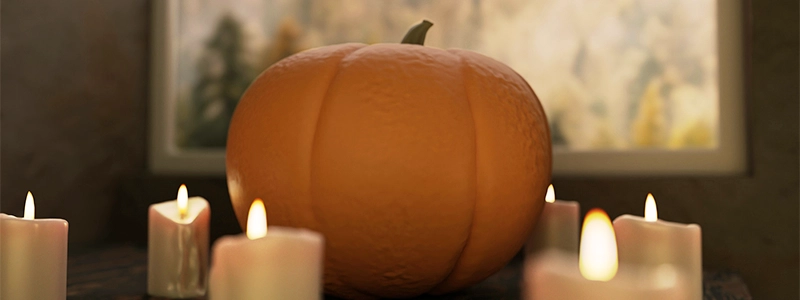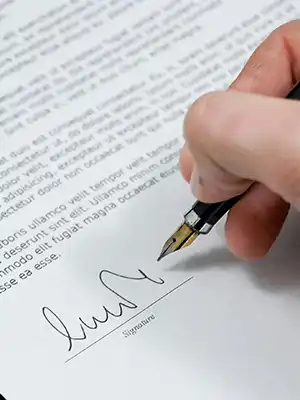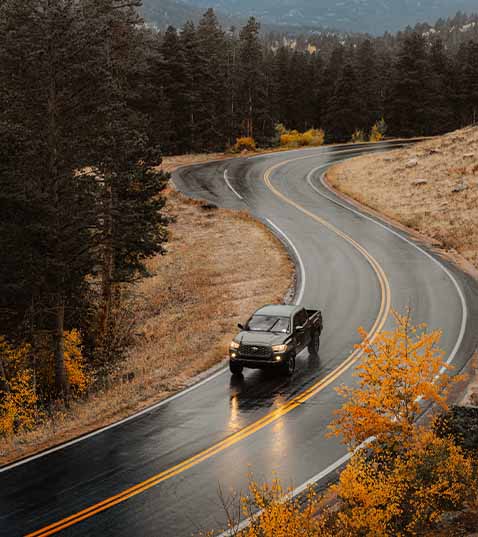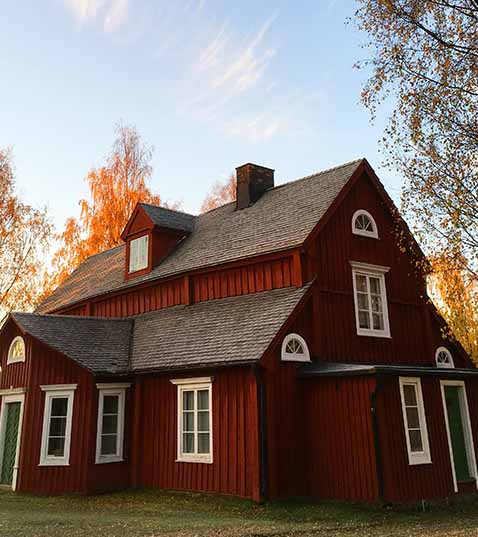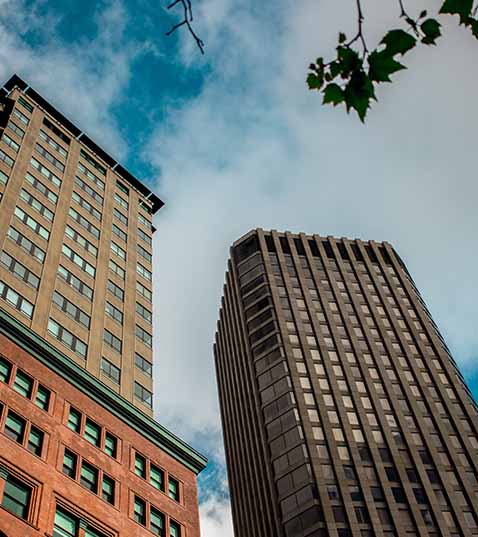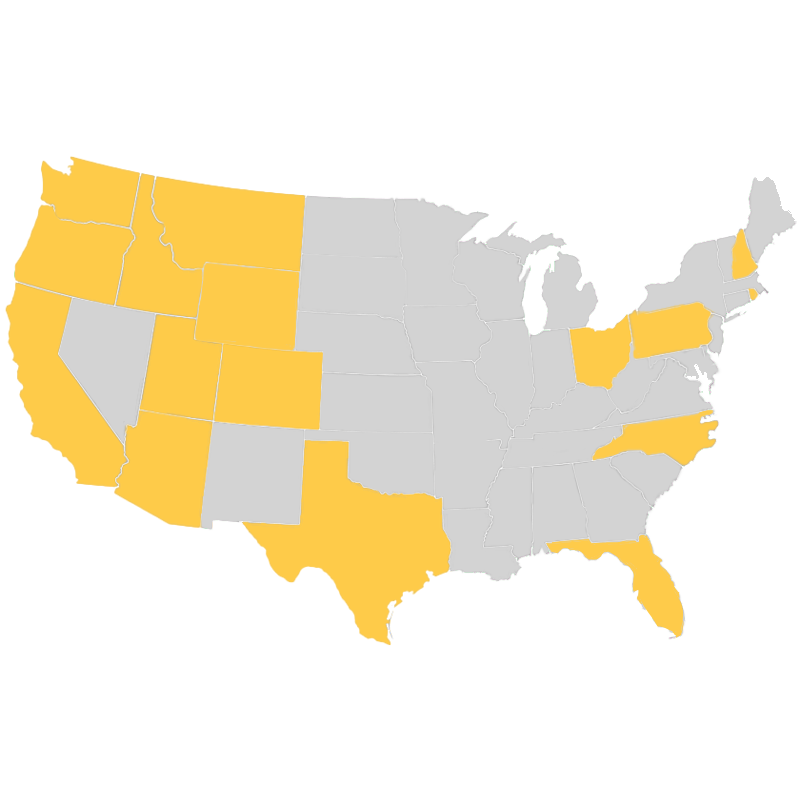National Fire Prevention Week 2024: “Smoke Alarms: Make them work for you!“
Make Smoke Alarms Work for You: Essential Tips for Fire Safety During National Fire Prevention Week
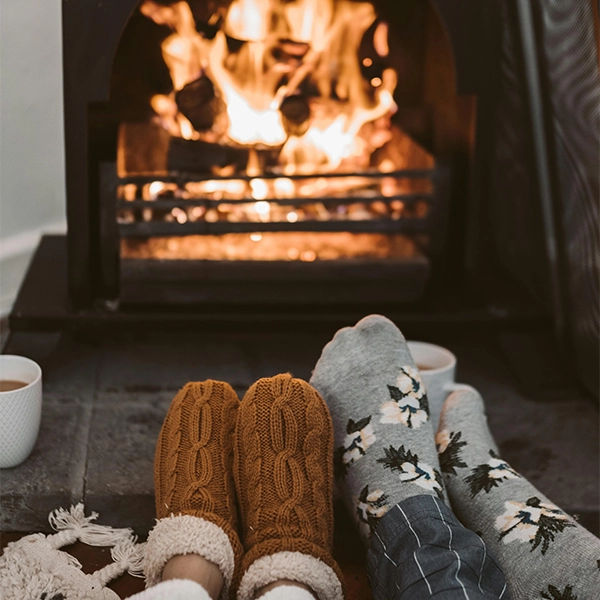
Keep a Fire Extinguisher Nearby
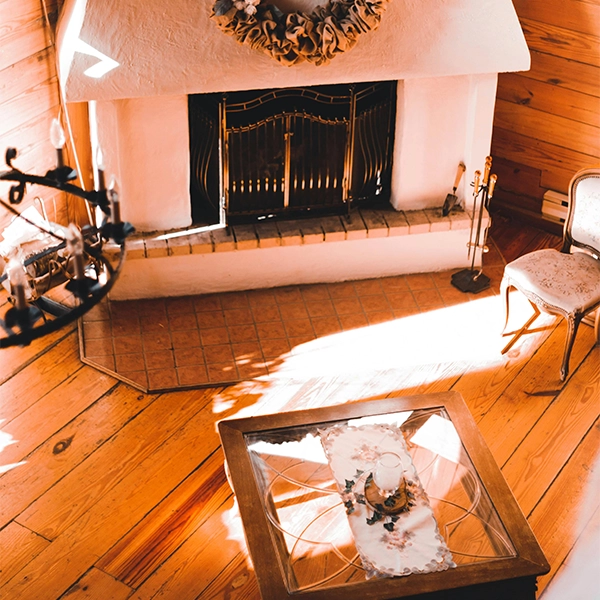
Never Leave Candles Unattended
- Ensure all smoke alarms are installed correctly and tested regularly. Smoke alarm safety in Washington practices suggest testing alarms monthly and replacing batteries annually.
- Keep a fire extinguisher in high-risk areas like the kitchen and garage. Familiarize yourself with how to use it in case of an emergency.
- Never leave candles or cooking unattended. These are common fire hazards that are easily preventable with a little extra caution.
- Remove any flammable vegetation or debris at least 30 feet from your home’s perimeter. This step is crucial for wildfire preparedness in Washington guidelines, especially for homes near wooded areas.
- Use fire-resistant materials for roofing, siding, and decking.
- Regularly clean gutters and roofs to prevent leaves and other flammable materials from building up.
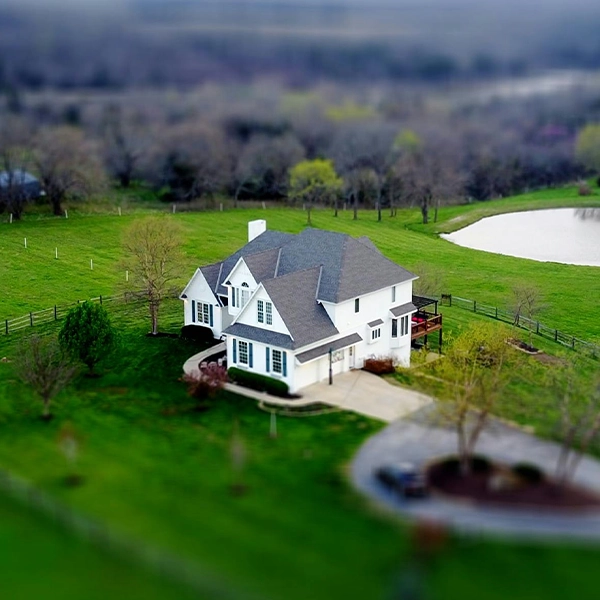
Vegetation: 30 Ft Away

Use Fire Resistant Materials
Home Fire Safety Checklist: Key Areas to Review
- Test smoke alarms and carbon monoxide detectors monthly. Smoke alarm safety in Washington tips suggest placing alarms on each floor, especially near bedrooms.
- Check your home’s wiring. If your house is older, it’s essential to ensure electrical systems aren’t faulty.
- Create a fire escape plan, and practice it with your family. Each member should know at least two ways out of every room.
Fire Prevention Insurance Advice for Washington Homeowners
- Repairs to your home’s structure if it’s damaged by fire or smoke
- Replacement of personal belongings that are lost in a fire
- Additional living expenses if you’re temporarily displaced during repairs

Ensure Outdoor Firepits are Safely Managed
- Maintain a defensible space by clearing flammable materials from around your home.
- Install non-combustible barriers, such as gravel or stone walkways, around your property.
- Ensure that outdoor fire pits are properly managed, with adequate space from any structures or flammable materials.
- Install fire-resistant roofing materials, such as metal or tile, to reduce the risk of fire spread.
- Seal any gaps around doors and windows to prevent embers from entering your home during a wildfire.
- Replace flammable landscaping materials with fire-resistant plants and hardscaping.
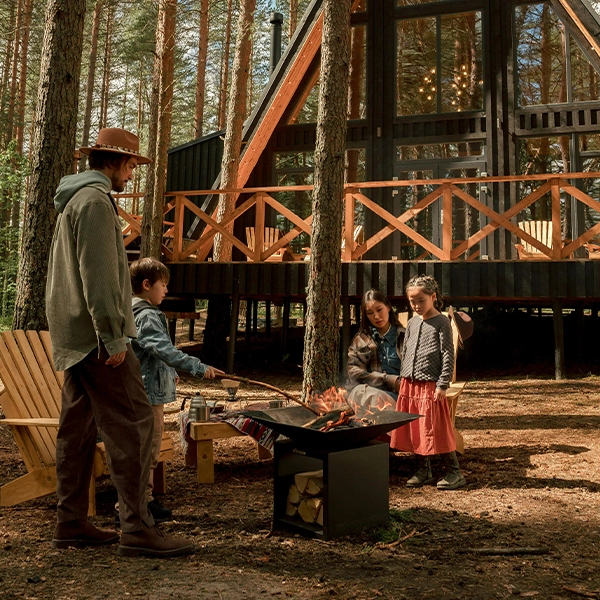
Supervise Fires
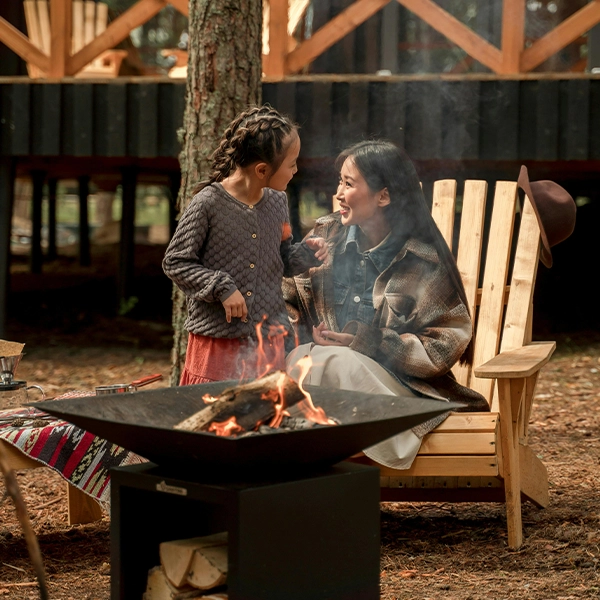
Prevent Disasters
- Place smoke alarms on every level of your home, including in bedrooms and hallways.
- Test alarms monthly and replace batteries as needed to ensure they work in an emergency.
- Consider installing interconnected smoke alarms that will sound throughout the house if one detects smoke.
